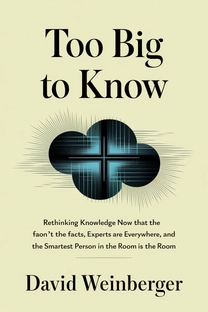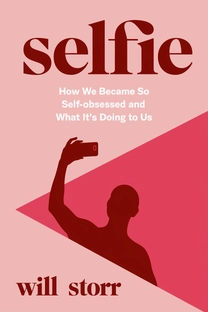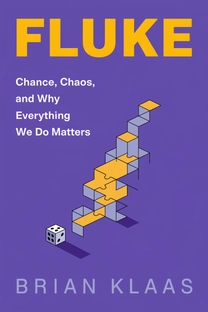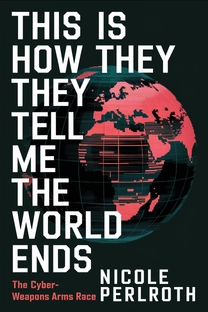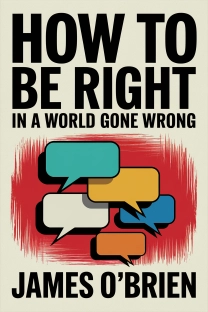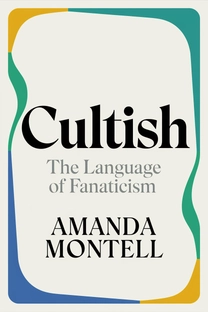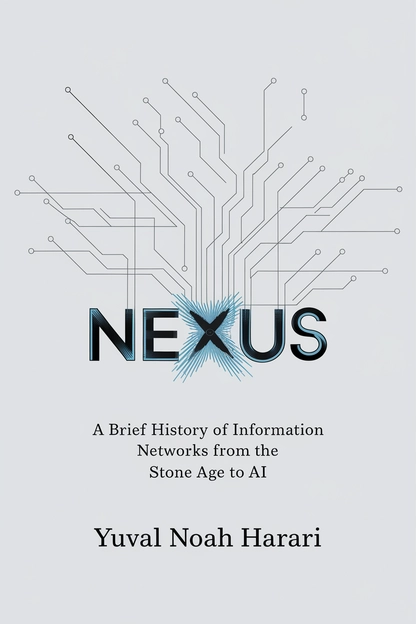
Nexus
A Brief History of Information Networks from the Stone Age to AI
by Yuval Noah Harari
Brief overview
This book explores how human societies have used stories, documents, and organized networks to shape cooperation, from ancient myths to modern artificial intelligence. It shows how each new information technology reshapes politics and culture, often in unpredictable ways. Readers will discover how we went from telling campfire tales to relying on vast data systems, and why truth, bias, and power remain urgent questions in the age of AI.
Introduction
Imagine turning time back to an era when humans gathered around fires, sharing tales that bound them together. These stories, whether about gods or ancestral heroes, served as early threads stitching communities into cohesive groups. Over millennia, we developed more sophisticated ways of storing and sharing information, from clay tablets to the internet.
As societies grew, so did our reliance on structured networks that could coordinate armies, run economies, and define beliefs. The core aim was to harness the mass flow of information. But every technological leap came with unexpected consequences—from illusions that justified power to biases that spurred conflict.
Today, artificial intelligence stands poised to become an even more powerful force in determining truth, shaping trust, and guiding decisions that affect billions. The challenges of misinformation, flawed data, and unchecked authority show us that these networks need careful oversight.
In this summary, we’ll see how human groups move from small-scale myth-sharing to large-scale data-driven systems. Along the way, we’ll uncover how knowledge, belief, and control entangle—and why it’s vital to maintain self-correcting mechanisms in every era.
From Tribal Tales to Empires
Before writing, people relied on spoken myths to remember rules and forge deeper bonds. Hunter-gatherer communities shared stories that explained the world and clarified social duties. Even with limited group size, these tales motivated joint hunts or rituals, building trust vital for survival.
As agriculture spread, settlements ballooned in population. A few local leaders or chiefs tried to control resources, but oral storytelling alone no longer sufficed to coordinate far-flung lands. People needed new methods to track property, taxes, and alliances beyond immediate face-to-face encounters.
Empires like ancient Rome and China progressed precisely because they created new forms of documentation. Administrative scribes turned fleeting spoken decisions into permanent records, thereby unifying vast territories under a single authority. Yet these records often served rulers’ ambitions more than ordinary people.
Innovations in record-keeping led to grand civilizations, but each empire had to walk a fine line between harnessing data for the public good and using it to cement the power of an elite. This tension would continue for centuries, shaping how societies responded to truth and change.
What is Nexus about?
Step back through time with "Nexus: A Brief History of Information Networks from the Stone Age to AI" to unravel the story of how human societies have shaped cooperation through stories and documents. Crafted by the acclaimed Yuval Noah Harari, this book delves into the transformative journey from early myths around campfires to today's sophisticated artificial intelligence systems. At its heart, it examines how every era's innovations in communication and data sharing have molded societal norms, politics, and cultures.
"Nexus" illuminates the evolution of information networks, shining a light on the unforeseen consequences each new technology brings. It presents an engaging narrative on how empires arose through meticulous bureaucracy, only to be challenged by the biases inherent in those very systems. This book crucially underscores why truth, bias, and power are vital themes in today's world and offers profound insights that resonate deeply with the global audience, especially in an era increasingly driven by data.
In an environment teeming with misinformation and algorithmic influence, "Nexus" captures the reader's curiosity to explore the potent blend of historical lessons woven into our interactions with technology. By engaging with this work, readers gain a deeper understanding of the complexities of information networks and the pressing need for vigilant oversight amidst the rise of AI.
Review of Nexus
"Nexus" stands out as a compelling narrative, skillfully weaving together centuries of human interconnectivity into an insightful exploration of our shared digital and analog histories. Yuval Noah Harari's unparalleled ability to penetrate complex subject matter and render it understandable for any reader is one of the key strengths of this work. His analysis offers a treasure trove of ideas that inform not only historians and technologists but anyone interested in understanding the human journey.
The book's strength lies in its meticulously researched historical narrative paired with lucid prose. Harari illustrates how societies leveraged myths and records to impact politics and societal norms, posing questions about bias and authority that echo into modern AI landscapes. Readers encounter practical applications for today's dilemmas, from algorithmic biases in AI to the role of narrative in societal coherence, providing a reflective lens on our digital age.
Accessible and engaging, Harari's writing invites readers from varied backgrounds to immerse themselves in these narratives. The book's relevance transcends time, illustrating the constants in human behavior and technology's role as a double-edged sword in society. Whether you're an avid historian, a tech enthusiast, or just curious about humanity's past and future, "Nexus" comes highly recommended for its balanced and profound insights.
Who should read Nexus?
- History enthusiasts wishing to understand the evolution of societies through information networks.
- Tech professionals interested in exploring historical contexts of AI and modern information systems.
- Academics focusing on the intersection of technology, politics, and culture.
- Students of communication seeking to understand the roots and implications of media evolution.
- Policy makers and ethicists interested in weighing the impacts of technology on society.
About the author
Book summaries like Nexus
Why readers love Mindleap
10-Minute Book Insights
Get the core ideas from the world's best books in just 10 minutes of reading or listening.
Curated For You
Discover your next favorite book with personalized recommendations based on your interests.
AI Book ExpertNew
Chat with our AI to help find the best book for you and your goals.
Reviews of MindLeap
Love how I can get the key ideas from books in just 15 minutes! Perfect for my busy schedule and helps me decide which books to read in full.
Alex R.
The summaries are incredibly well-written and the audio feature is perfect for my commute. Such a time-saver!
Jessica M.
Great app for personal growth. The insights are clear and actionable, and I love how they capture the essence of each book.
Chris P.
The app is beautifully designed and the summaries are top-notch. Definitely worth every penny!
Sarah K.


